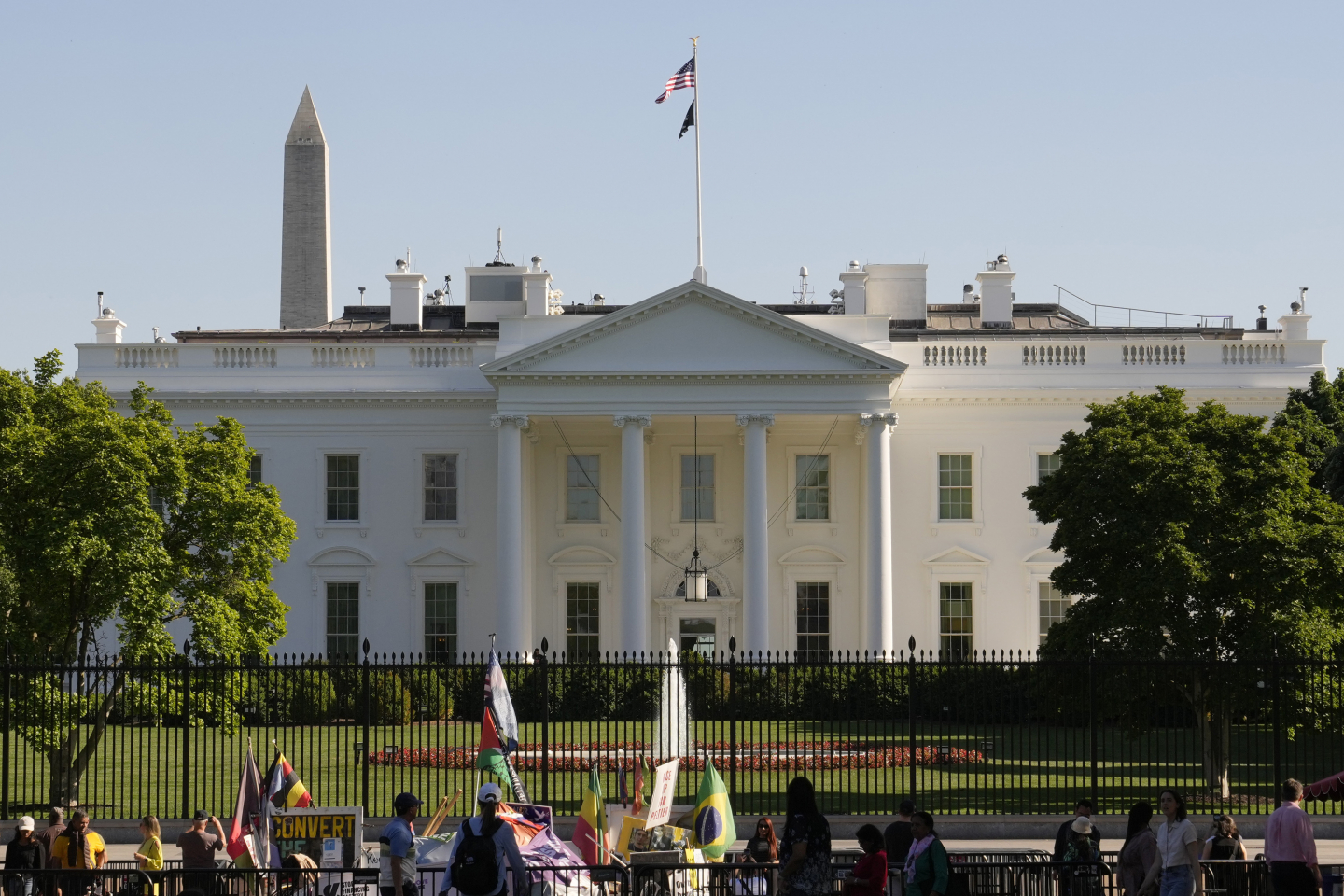
The White House could soon finalize a proposal that would shift the venture capital investment landscape in fields like renewable energy, quantum computing, national security, and life sciences. If the plan moves ahead, high-tech entrepreneurs may not be able to raise the capital needed to develop the cutting-edge technologies of the future.
The proposal centers on the 1980 Bayh-Dole Act, which allows universities, federal labs, and businesses to file patents for any discoveries they make with the help of federal funding. Prior to the law, any patents resulting from taxpayer funding automatically belonged to the government, and billions of dollars worth of research simply gathered dust.
Translating these early-stage discoveries into tangible products that benefit the public is no easy feat. For instance, converting a novel chemical compound created in a university lab into a life-saving medicine could easily cost over $2 billion — which is why firms often depend on the help of venture capital investors.
Here’s how it works: Once start-ups identify a federally funded discovery they believe could be viable commercially, they turn to venture capitalists to finance the long process of R&D, trials, and regulatory approval. Assuming the final invention is successful — and that’s no guarantee — venture capital firms typically collect a share of the revenue in order to recoup their investments and generate a reasonable return.
How do venture capital firms decide which opportunities to invest in? There are many considerations, but patents and other forms of intellectual property are often the determinative factor. From 2011 to 2020, startups with patents or patent applications received roughly 58% of available venture capital and entered investment deals 40 to 60% larger than their non-patent counterparts. On average, patent-owning firms are 47% more likely to secure venture capital funding.
Without secure patent rights, the already risky process of creating a breakthrough invention based on early-stage federally funded research could become practically intolerable for many visionary start-ups and the venture capitalists they rely on.
That’s precisely why the new proposal has alarmed many venture capital investors who specialize in high-tech, patent-intensive fields.
The plan encourages federal agencies to relicense patents linked with government funding if the price of a resulting product is deemed “unreasonable.” The plan hinges on Bayh-Dole’s “march-in” clause, which empowers the government to ignore exclusive patent licenses in extremely rare circumstances specified in the law. None of those circumstances relate to price.
From the venture capital perspective, the guidance risks turning federally funded patents into liabilities rather than opportunities. If exclusive patent licenses can be voided on a whim, it’s practically inevitable that many venture capital firms will seek out less risky investment opportunities.
At Incubate, the leading venture capital association focused on life sciences, we’re witnessing firsthand how weakening or ignoring patent rights can impact investment decisions. Legislation passed by Congress in 2022 authorized the government to impose price controls on certain medicines that are still under patent, a move that amounts to IP reform by another name. Since the law passed, life sciences companies have discontinued 36 research projects and cut 22 new therapies. The new “march-in” proposal could force firms to put even more promising R&D projects on ice.
Officials have touted the march-in measure as primarily a drug pricing reform. But life sciences is far from the only sector the proposal would affect. Fields like quantum computing, artificial intelligence, and renewable energy benefit significantly from federally funded research — and companies in those industries would face the same, if not greater, risk of losing venture funding.
After months of warnings from pioneering start-ups and the venture capitalists that support them, more than two dozen members of Congress, including nine Democrats, have signed a letter asking the president to rescind the march-in plan. The lawmakers cautioned that the plan “will hamstring U.S. innovation to the advantage of our competitors and adversaries.”
They’re right. The march-in proposal signals to venture capital investors that the patent rights behind federally backed inventions may no longer be secure. Without venture capital — which backs companies that account for 80% of the nation’s private-sector R&D spending — America’s innovation potential will be wasted. Consumers will lose access to beneficial technologies, including life-saving drugs, as a result.
Fortunately, officials in Washington still have time to withdraw the plan before it erodes the investment relationships that visionary entrepreneurs and venture capital investors have worked for decades to build. Let’s hope they do.
John Stanford is executive director of Incubate, a Washington-based coalition of early stage life-science investors.